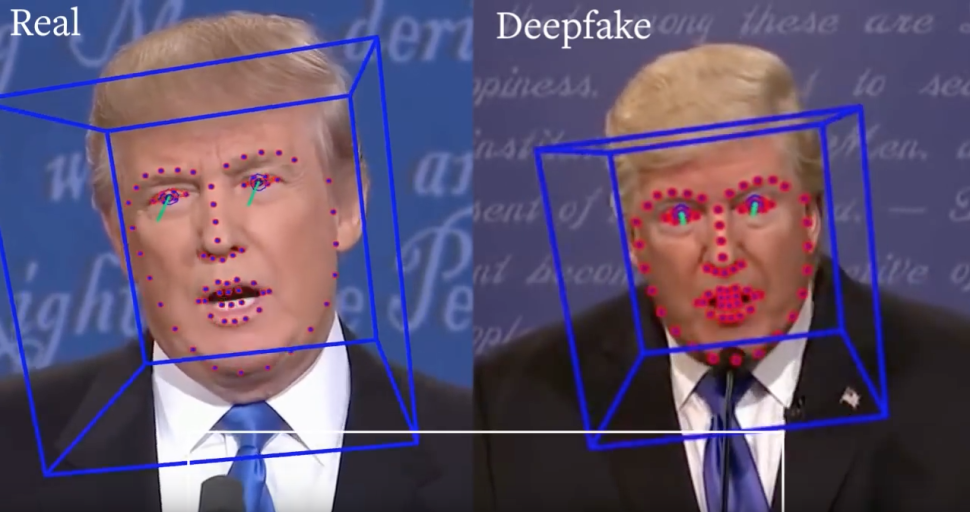Facebook To Ban ‘Deepfakes’ And Other Misleading Videos
Facebook announced in a Monday blog post that deepfakes – computer generated imitations of people – will no longer be allowed on the platform, along with footage which has been otherwise edited in ways that aren’t obvious to the average person.
Manipulations can be made through simple technology like Photoshop or through sophisticated tools that use artificial intelligence or “deep learning” techniques to create videos that distort reality – usually called “deepfakes.” While these videos are still rare on the internet, they present a significant challenge for our industry and society as their use increases. -Facebook
“There are people who engage in media manipulation in order to mislead,” writes VP of global policy management, Monika Bickert.
Going forward, the company will remove ‘misleading and manipulated media’ if it meets the following criteria:
- It has been edited or synthesized – beyond adjustments for clarity or quality – in ways that aren’t apparent to an average person and would likely mislead someone into thinking that a subject of the video said words that they did not actually say. And:
- It is the product of artificial intelligence or machine learning that merges, replaces or superimposes content onto a video, making it appear to be authentic.
The company says the policy does not apply to parody or satire, or a video which has been “edited solely to omit or change the order of words.”
“While these videos are still rare on the internet, they present a significant challenge for our industry and society as their use increases,” Monika Bickert, the company’s vice president for global policy management, wrote in a blog post. –Washington Post
According to the BBC, Facebook announced last September that it would allocate $10 million to improve deepfake detection technology.
Mark Zuckerberg, Facebook’s chief executive, has himself featured in a deepfake video. The clip featured a computer-generated version of Zuckerberg crediting a secretive organisation for the success of the social network.
William Tunstall-Pedoe, a computer scientist who sold his AI company to Amazon, told BBC News that Facebook deserved credit for trying to tackle the “difficult area”.
“The fact the video is fake and intended to be misleading is the key thing for me,” he said. “Whether sophisticated AI techniques are used or less sophisticated techniques isn’t relevant.”
Other companies like Google and Microsoft are also trying to combat deepfakes. –BBC
Facebook will work with academia, government and businesses to combat deepfakes, according to the report.
Tyler Durden
Tue, 01/07/2020 – 22:15
via ZeroHedge News https://ift.tt/2T1Y1yl Tyler Durden
